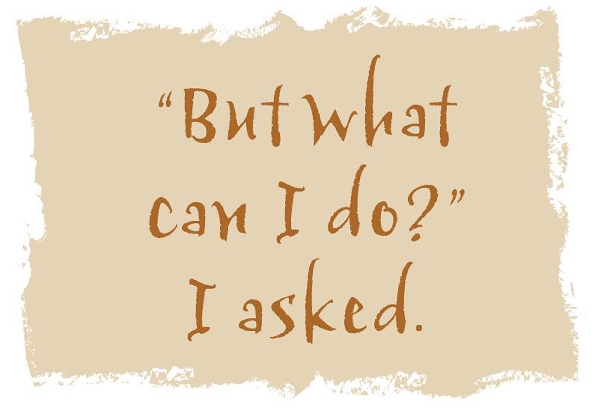Sudan is not over, and you and your brothers need to find a place to call home.”
“But what can I do?” I asked.
“You must tell me your story—what has happened to you since war came to your country,” Tom said. “Your story can help prevent war from creating more lost children, and you can help find a home for yourself and your brothers. Your words will move caring people to help.”
So I shared my story with Tom. I talked all day and all night. Then we cried and prayed. After telling my story, the storm of war no longer seemed as scary. The thunder was not as loud.
A few days after our talk, Tom left the camp. Without Tom around, things began to change. Life in Kenya became very hard. There was not enough food. People were often sick and many died.

Some boys in my group became so weak from hunger they could no longer attend school. Then we thought of a way for everyone to get food and education. We took turns foraging for food and going to school. At night the ones who foraged would share their food and the ones who went to school would share their lessons. This way we were able to feed our bodies and our minds.
As I grew older, I tried to improve conditions in the camp. I helped form a drama club and a soccer league so we could have fun things to do. I became a health educator. I taught boys to boil dirty water before drinking it and other ways to prevent sickness.
Chuti was growing older, too. I continued to care for him, and he helped me in my work. He was a very smart boy who often tutored other boys in math and English.